Thursday 13th August, 2020
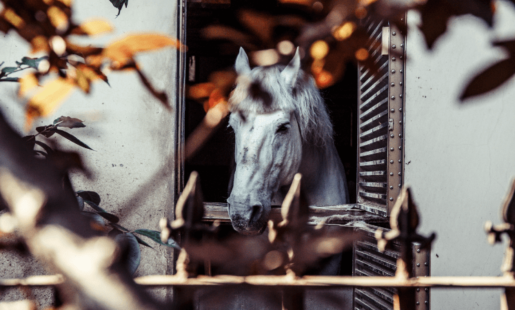
Every pet is a huge commitment of time and money, but horses are in a league of their own. Whether you own a workhorse, a racehorse, or just you just own a horse as a (very large) pet, there’s no denying that they’re not for the faint of heart or light of wallet.
We think everyone should be able to have a horse if they want one, but there are some important things to do before you buy a horse. These can help you figure out where you stand, and whether buying a horse is the right step for you.
Believe it or not, buying the horse is the cheap part. You might be able to afford the cost of buying a horse upfront, but can you afford either stables or boarding rates? How about the vet and farrier care? There’s also feed, supplements, bedding, and tack, livery, and other equipment. The horse you buy could be part of your family for more than 20 years, so you’re not just making a commitment to buying a horse, but also paying for it for many years to come.
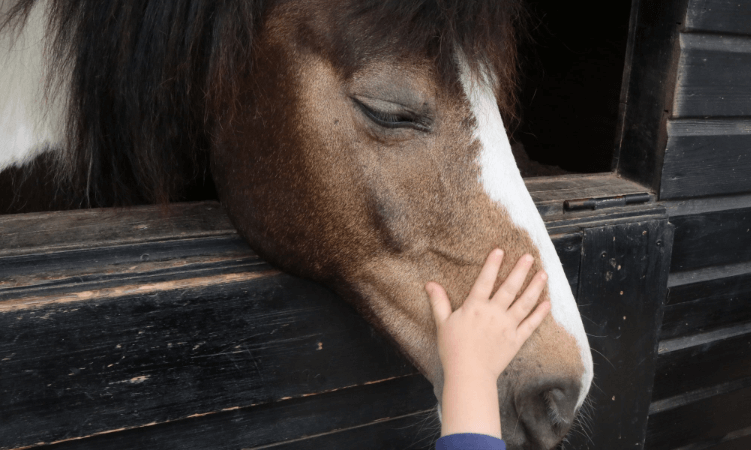
There are many places online to research how exactly how much owning a horse really costs – with experts estimating that owning a horse is often more costly than owning a brand new car.
If you don’t think you can make this financial commitment, it’s worth considering riding at a riding school or loaning a horse. But if you think the investment is worth it, it’s time to start budgeting and planning your costs. You can use our stable pricing calculator if you want to figure out an estimate for bespoke stables for your horse too!
Be honest with yourself about the kind of horse you need. Sure, if you’re looking for a serious workhorse or racehorse, you’ll be looking for a strong horse that needs exercise and training, but if you don’t have much time or are a novice, you might take on more than you can handle by accident.
Ask yourself what you’ll be using the horse for, and how often you really think you’ll be able to dedicate your time to training and caring for them. When you know this, put in the research to figure out what type and temperament would suit your purpose.
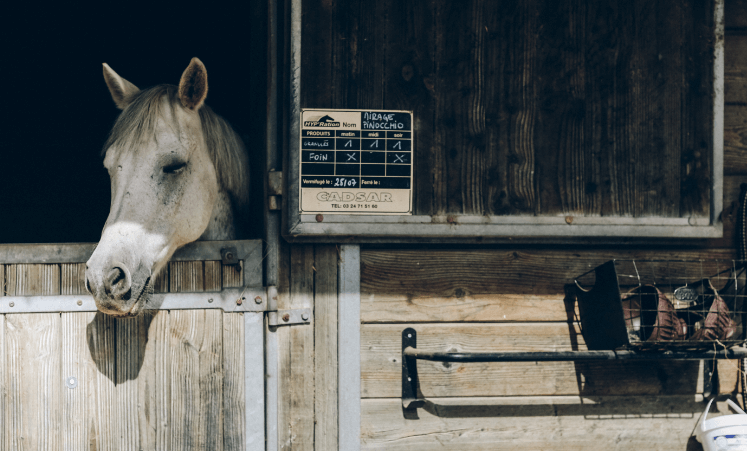
Check out the vendor or dealer online, across equine forums. You should also talk to local horse owners or riding schools to see if they have a list of recommended vendors. Ensure you’re buying from someone you can trust. If you’re buying from a dealer you can ask them for references.
Even if you’re buying a horse right from the owner, it’s important to take what they say with a pinch of salt. Try to find out as much of the horse’s history as you can independently. Ask for contact details of previous owners as well as comprehensive vet records.
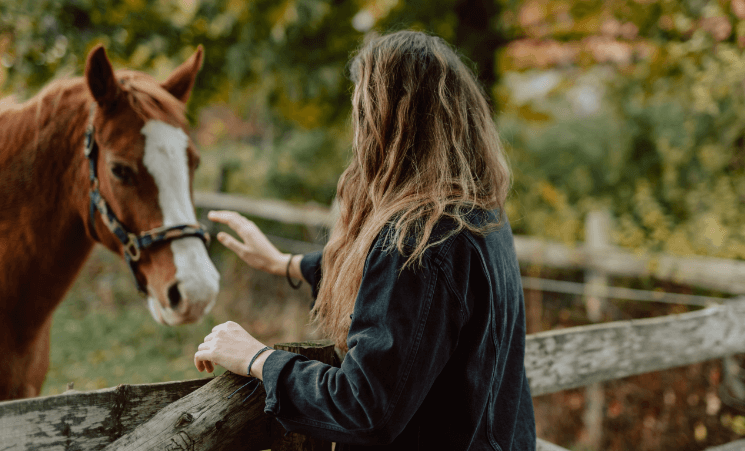
Even if a horse’s history is clean as a whistle, it’s important to have the horse vetted. You wouldn’t buy a second-hand car without taking a look under the bonnet, and buying a horse should be the same.
There are various levels of vetting, depending on what you’re planning on doing with the horse. If you’re buying a serious race or workhorse, you’ll need a more thorough evaluation than if you’re buying an old horse as a pet. It’s important to note though that the horse should be vetted regardless of its alleged value. Get the vet to thoroughly check the horse against its passport and description. Even if you trust the vendor, it’s also vital to have the vet check for a microchip – including multiple microchips or evidence of microchip removal.
So you’ve settled on buying a horse! Great, but what now? Your horse can’t stay in your living room whilst you get sorted. Make sure you’ve prepared everything you need for your horse to come home to, such as stable space, feed, and bedding.
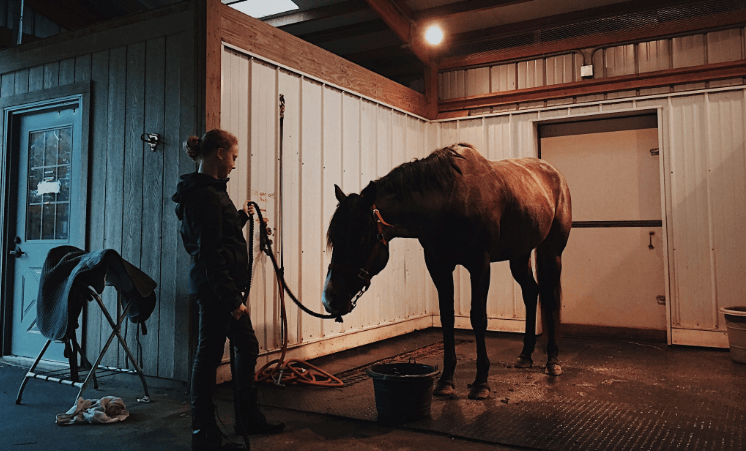
When it comes to stables, you don’t need to look any further than at us here at Vale Stables. Contact us today to talk about what we can do for you.